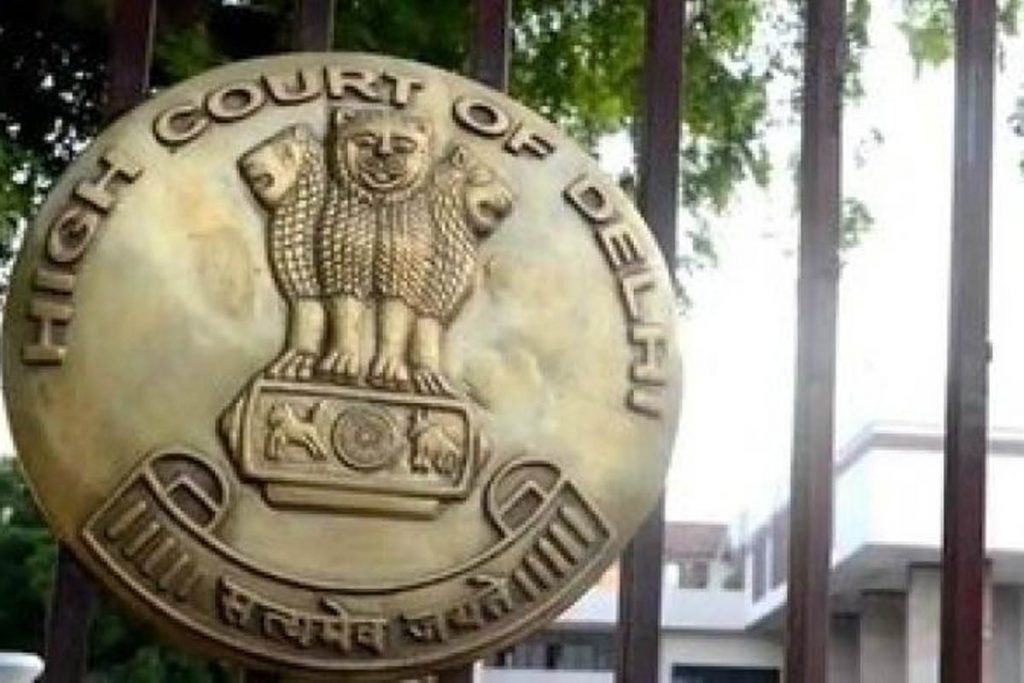The Delhi High Court on Monday refused to entertain a Public Interest Litigation (PIL) that questioned the interpretation of Section 66 of the Prevention of Money Laundering Act (PMLA).
The petitioners, Ashok Kumar Singh and another individual alleged that the Enforcement Directorate (ED) was improperly influencing other agencies, including the police and CBI, to initiate FIRs based on information it shared under this section.
The petition had accused the ED of acting in multiple conflicting roles by pressuring agencies to register FIRs, thereby overstepping its boundaries as laid out in the PMLA.
Acting Chief Justice Manmohan and Justice Manmeet Pritam Singh Arora heard the case and said that such interpretation issues be addressed in specific proceedings before an appropriate court.
During the proceedings, ED’s counsel, Zoheb Hossain, argued that the PIL was more about serving private interests rather than public welfare.
He claimed that the petition mirrored concerns already raised in a separate petition pending before a single judge, thus attempting to overreach the court’s process.
Hossain said that a PIL should not be used to address individual grievances disguised as public causes, labelling such actions as an abuse of the legal process.
On the other hand, the petitioner’s counsel maintained that advocating for a client on a specific legal issue does not preclude raising the same issue in the form of a PIL, provided there is no personal interest involved.
Ultimately, the division bench concluded that the matter could be effectively resolved by a single judge since it did not challenge the constitutional validity of the section in question.
The bench noted that parties involved in criminal proceedings have the liberty to contest the interpretations and proceedings at appropriate times and forums.
The court disposed of the petition, reaffirming the right to address the interpretation of Section 66 of the PMLA in a relevant legal setting.
